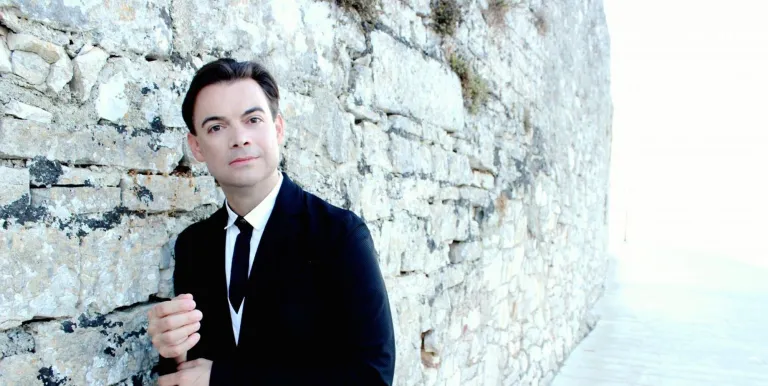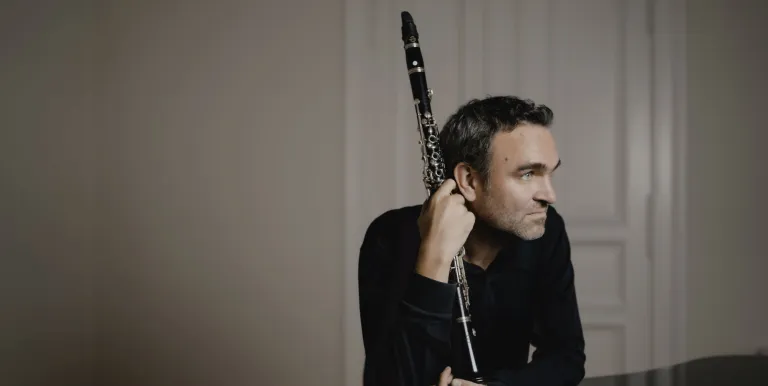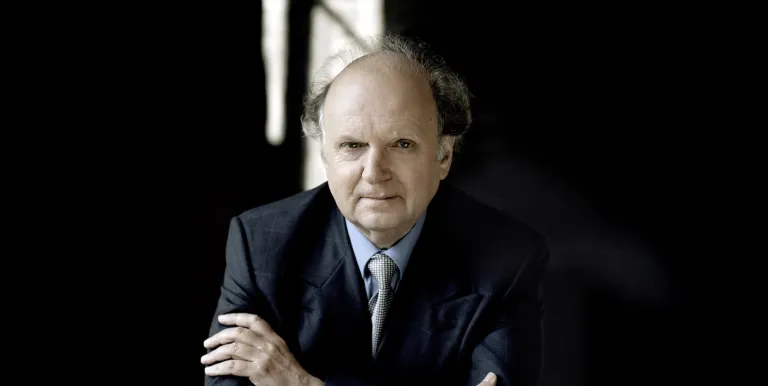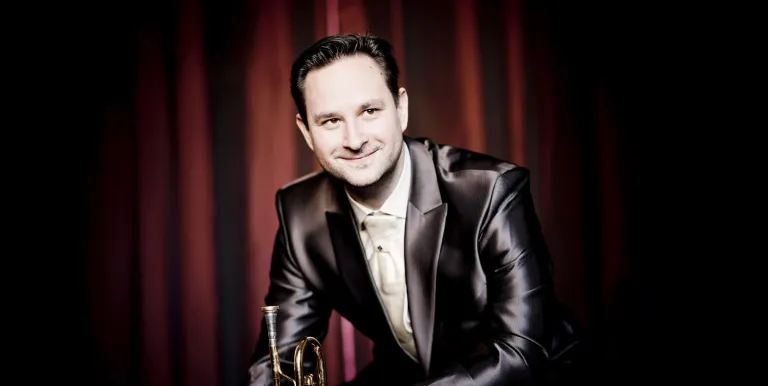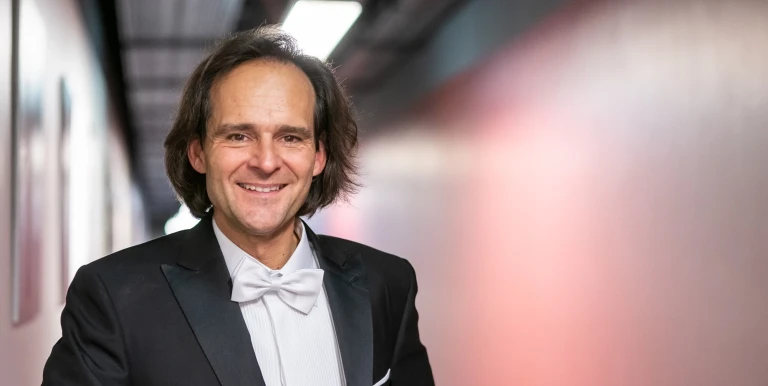one interval
Please note that by buying tickets you are accepting the house rules at Müpa Budapest, which also include the latest regulations and security rules. You can read further details and find key information on this page.
Thank you for your understanding and cooperation.
Conductor:
Featuring:
Liszt
Two Episodes from Lenau's Faust - Mephisto Waltz
Liszt
Piano Concerto No. 1 in E-flat major
Liszt
Faust Symphony
Which composer could be more worthy of the name Bridging Europe than the globe-trotting Liszt, who was renowned all over the continent and formed many international friendships? In both his music and deeds, he himself was a living embodiment of interconnections between cultures and genres. The "home" for this concert is Weimar, the city where the piano virtuoso Liszt settled in order to further develop his skills as a composer. The place where his most significant orchestral works were born.
Liszt, whose demonic piano playing earned him the description "a Mephistopheles disguised as an abbot", admired the Faust story but disliked Goethe. With a single exception, it was always from the version by the Austrian poet Nikolaus Lenau that he drew inspiration. He was particularly taken with the figure of Mephistopheles, to whom he devoted several waltzes. The first one was conceived as the second half of a two-part composition, although today it is known as an independent concert piece. Its alternative title is "The Dance in the Village Inn", as it depicts Mephistopheles driving the people in the tavern wild with his violin playing while helping Faust with an amorous conquest. This dance of variations grows increasingly passionate until the traditional syncopated beat transitions into a 2/4 rhythm.
Although Liszt retired from his virtuoso career in 1847 in order to focus, as court conductor at Weimar, on symphonic genres, he never completely disappeared as a pianist. At the première of his Piano Concerto No. 1 in 1855, he played the solo part. Refined over the course of a quarter-century, the work is a major example of what is called theme-transformation, in which the themes presented keep returning in modified versions in later movements. Liszt perfected this stylistic "invention” of his in the Faust Symphony. This composition in three movements is the one exception that was inspired by Goethe's Faust; in it, Liszt paints musical portraits of the three protagonists. The version of the work being performed at this concert is the one without a choral finale.
Presented by: Müpa Budapest, Budapest Festival Orchestra
-
We wish to inform you that in the event that Müpa Budapest's underground garage and outdoor car park are operating at full capacity, it is advisable to plan for increased waiting times when you arrive. In order to avoid this, we recommend that you depart for our events in time, so that you you can find the ideal parking spot quickly and smoothly and arrive for our performance in comfort. The Müpa Budapest underground garage gates will be operated by an automatic number plate recognition system. Parking is free of charge for visitors with tickets to any of our paid performances on that given day. The detailed parking policy of Müpa Budapest is available here.

